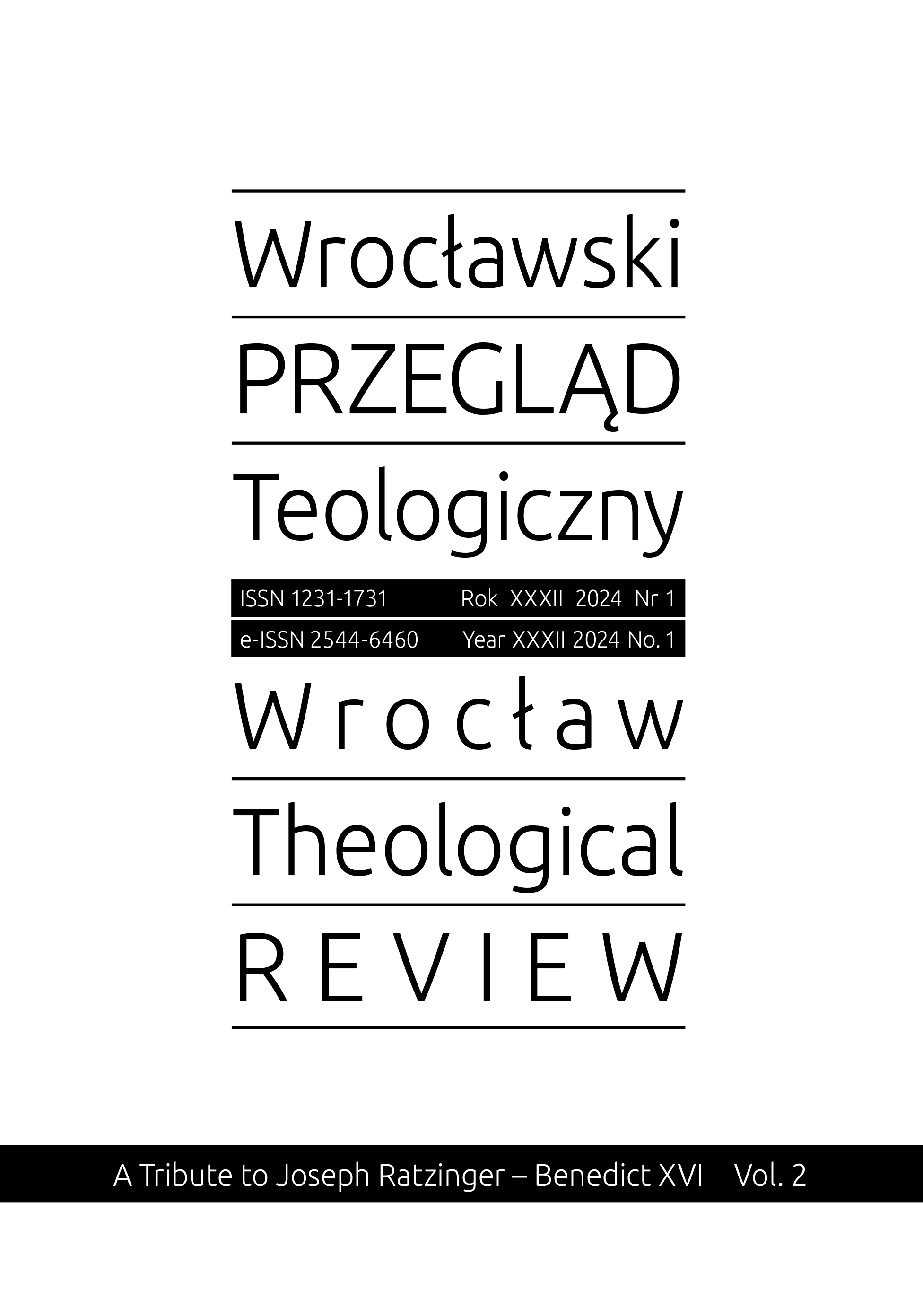Pope Francis has consistently been a figure of intrigue and debate within the Catholic Church and beyond. Known for his progressive stances on various social issues, he continues to challenge traditional beliefs with his unique perspectives. His recent comments on hell have once again sparked widespread discussion, not only among theologians but also across social media platforms. This article delves into the nuances of Pope Francis' views on this controversial topic.
As the leader of the Roman Catholic Church, Pope Francis often finds himself at the center of debates over doctrine and theology. His interpretations of religious teachings can provoke both admiration and criticism. One such instance involves his remarks regarding the nature of hell, which have drawn significant attention. By exploring these statements and their implications, we gain insight into how modern interpretations might reshape long-held beliefs within Christianity.
Reinterpreting Eternal Torment: A Shift in Theological Perspective
Pope Francis has offered a fresh perspective on the concept of hell that diverges from the traditional Roman Catholic belief in eternal conscious torment. Instead, he advocates for a more biblically grounded understanding of God's punishment for the wicked. This shift emphasizes divine justice as transformative rather than punitive, aligning with a broader theological trend towards compassion and mercy.
His stance challenges the conventional image of hell as an everlasting place of suffering. By focusing on the idea of separation from God, Pope Francis highlights the spiritual consequences of rejecting divine love. This reinterpretation invites believers to reconsider the nature of divine judgment and its purpose in fostering personal growth and redemption.
This theological evolution reflects Pope Francis' emphasis on inclusivity and forgiveness within the Church. It encourages a dialogue about the role of fear versus hope in religious teachings, potentially reshaping how congregations perceive salvation and damnation. Ultimately, it underscores the importance of approaching faith with empathy and understanding.
Digital Reactions: Social Media Responses to Papal Statements
The digital age amplifies reactions to papal statements, as evidenced by the fervent discussions following Pope Francis' comments on hell. When asked during an Italian television interview how he envisions hell, his response—that he hopes it would be empty—ignited passionate debates online. Many users expressed surprise or even disbelief at this unorthodox viewpoint.
Social media platforms became battlegrounds for differing interpretations of his words. Critics accused him of diluting core Christian doctrines, while supporters praised his focus on universal salvation and divine mercy. These exchanges reveal the complexity of balancing tradition with innovation in contemporary religious discourse.
Beyond mere disagreement, these interactions highlight the profound impact of modern technology on religious conversations. They demonstrate how global audiences engage with spiritual leaders like Pope Francis, shaping perceptions and influencing future theological developments. Such dialogues are crucial for maintaining relevance in today's interconnected world.
Vatican Clarifications: Addressing Misinterpretations
Following the controversy surrounding Pope Francis' remarks, the Vatican issued clarifications to address misrepresentations. Specifically, they contested claims made by Italian journalist Eugenio Scalfari, who allegedly misrepresented the pontiff’s views on hell. The Vatican emphasized that Scalfari's reconstruction of their conversation lacked accuracy and reliability.
Scalfari's assertion that hell does not exist, the disappearance of sinful souls exists contradicted official Church teachings. In response, Vatican officials reiterated the Holy Father's adherence to established doctrines concerning death, judgment, heaven, and hell. This clarification aimed to restore clarity amidst misinformation circulating in public discourse.
Such incidents underscore the challenges faced by religious institutions in communicating complex ideas effectively. They also highlight the necessity of reliable sources when discussing sensitive topics. By addressing these discrepancies, the Vatican reinforces its commitment to preserving doctrinal integrity while engaging constructively with modern media landscapes.
A Champion for the Marginalized: Legacy Beyond Controversy
Throughout his papacy, Pope Francis has championed causes supporting marginalized communities worldwide. His advocacy extends beyond theological debates into practical actions addressing poverty, inequality, and environmental concerns. For many, he represents a beacon of hope in times marked by increasing polarization and intolerance.
Despite controversies surrounding his views on hell, Pope Francis remains steadfast in promoting messages of compassion and inclusivity. His leadership style prioritizes reaching out to those on society's fringes, offering solace and solidarity. This approach resonates deeply with individuals feeling neglected or oppressed by rigid institutional structures.
In reflecting on his legacy, one must consider the broader impact of his efforts to transform the Church into a more welcoming space for all people. Whether through reinterpreting ancient doctrines or championing social justice initiatives, Pope Francis embodies a vision of Christianity rooted in love and service to others.
Faithful Interpretation: Upholding Doctrinal Consistency
While Pope Francis' comments may appear to challenge traditional beliefs, they do not necessarily contradict official Church teachings. Each pope contributes uniquely to ongoing theological discussions, building upon previous understandings while adapting them to current contexts. This dynamic process ensures that Catholic doctrine remains relevant without sacrificing its foundational principles.
Recent popes, including St. John Paul II and Benedict XVI, have similarly explored optimistic views on eschatology, emphasizing God's infinite mercy and desire for universal salvation. These perspectives complement rather than replace established dogmas, enriching the Church's theological tapestry. Such explorations foster deeper reflection among believers about the nature of divine justice and grace.
Ultimately, maintaining doctrinal consistency requires careful navigation between innovation and tradition. By encouraging open dialogue and thoughtful interpretation, Pope Francis exemplifies how faith evolves responsibly, responding to humanity's ever-changing needs while staying true to its eternal truths.

